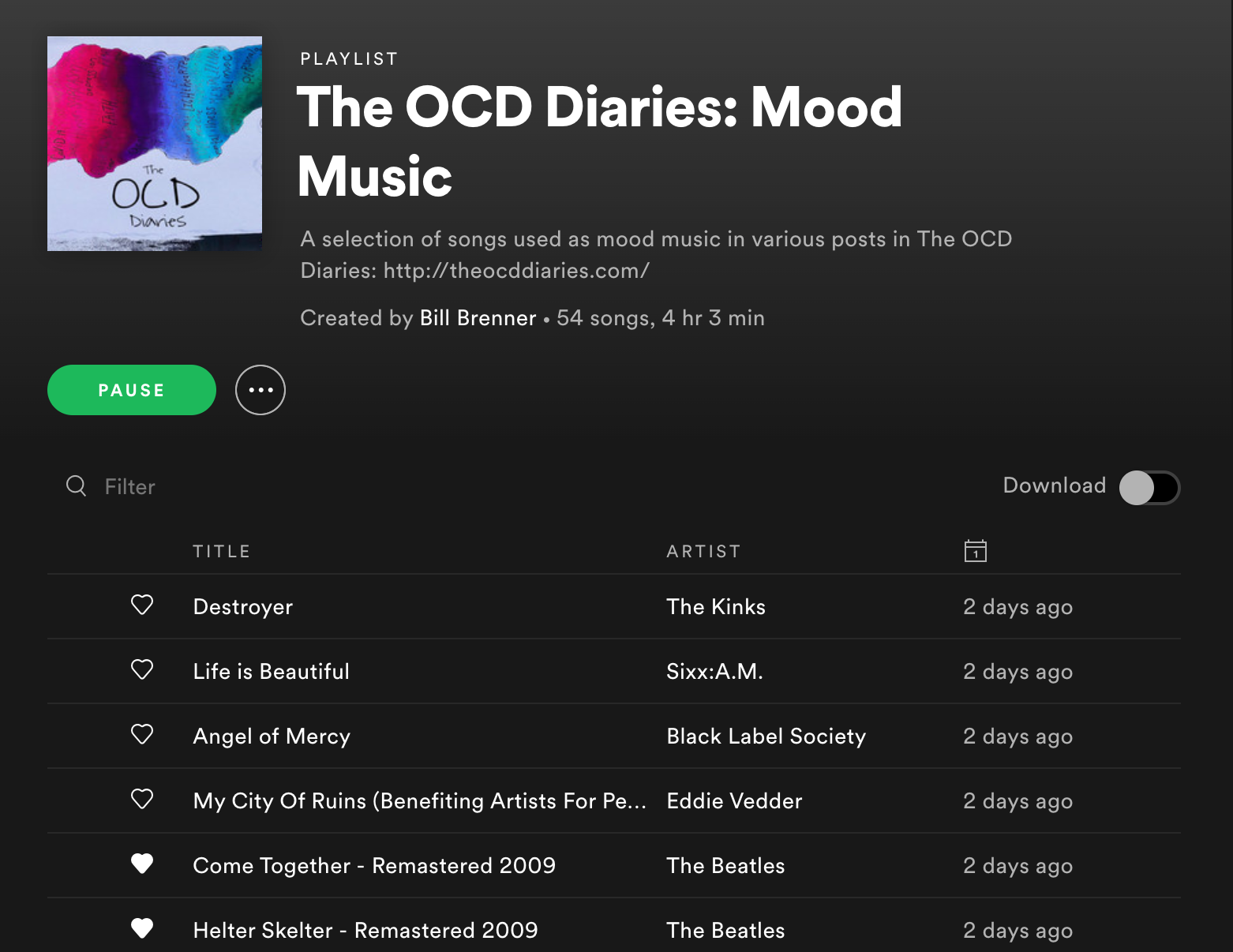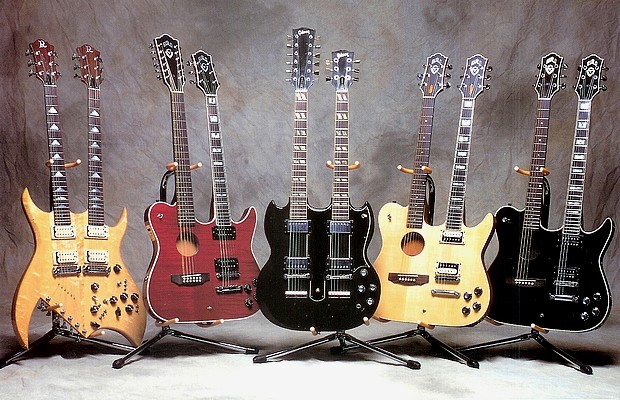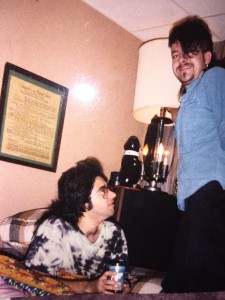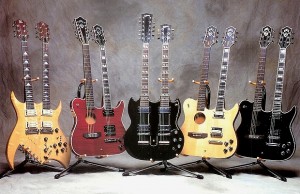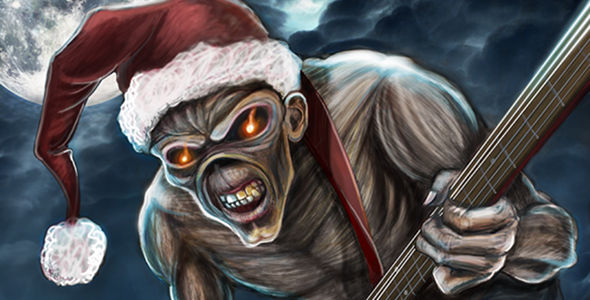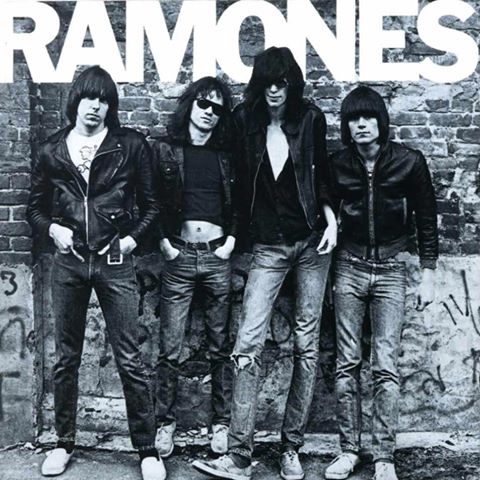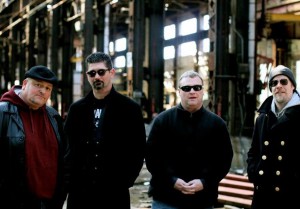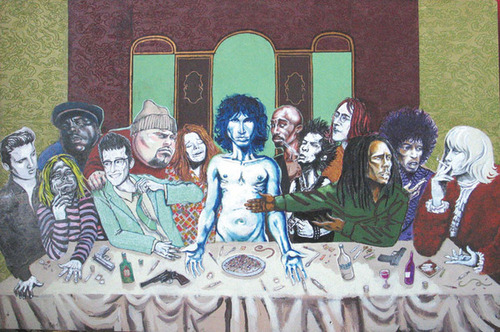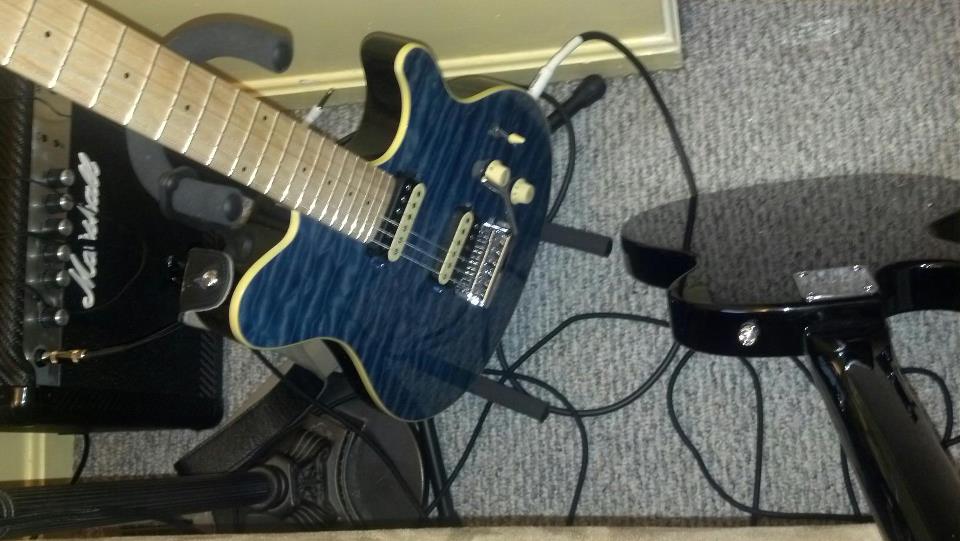Some readers have asked why I put mood music in my posts and how I go about choosing the daily selection.
I use them because in my mind, music and writing go hand in hand. I used to require absolute silence in the room to do my writing. Now I can’t write without some noise.
Some days, the music will fit the theme of what I’m writing about that day. Other times I use music that has nothing to do with the subject matter. I put it on there simply because I’m digging the song that morning.
I also like to use this forum to promote local musicians I admire.
I do consider the music to be a soundtrack for the blog. I also like to use the blog as a music player while I work. I’ll open the blog and just play all the mood music selections of the past weeks.
The music is mostly the metal I grew up with and love to this day, but not always. I also mix in non-metal acts like The Decemberists, The Avett Brothers, The Beatles and U2.
Life is full of ups and downs, and this blog is all about how I confront it. Why not have a soundtrack to go with it?
For those who just want to hear the music, I’ve created a playlist on Spotify. There are currently 54 songs — 4 hours’ worth — though I plan to keep adding to it. I’ll also start creating specialized playlists for different moods and topics.
You can find and subscribe to it here. (Free account required.)


